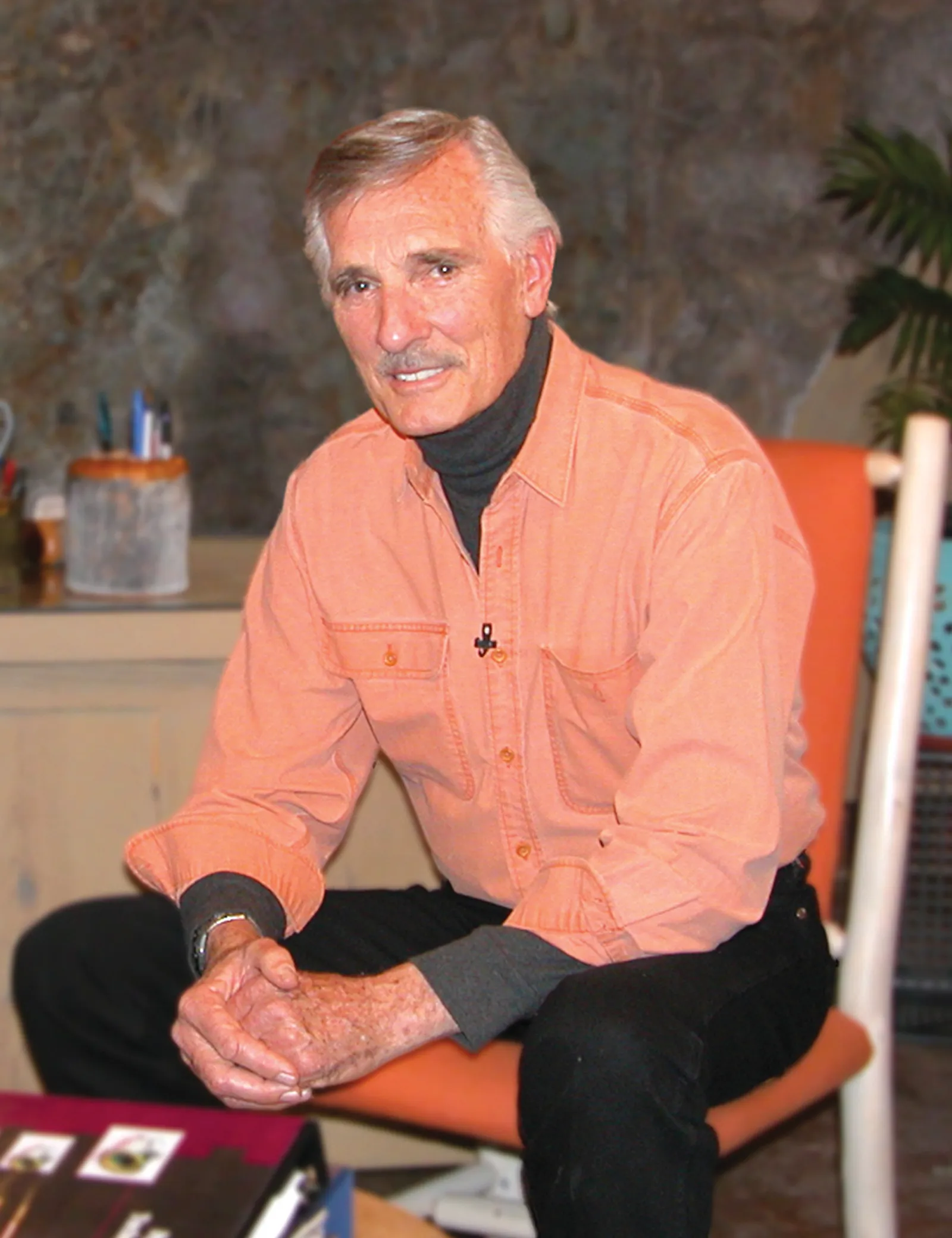Dennis Weaver's Most Memorable Roles: A Look at His Career
Explore the Legacy of Dennis Weaver: His Iconic Performances
Explore the Legacy of Dennis Weaver: His Iconic Performances
Dennis Weaver’s Net Worth
Dennis Weaver, an American actor, was estimated to be worth $16 million at the time of his death. He was born on June 4th, 1924, in Joplin, Missouri, to his mother Lenna, and father Walter. Dennis attended Joplin Junior College for his higher education and then went to the University of Oklahoma. During his university days, Dennis ran track and studied drama.
Dennis Weaver also served as a pilot in the US Navy, and when the war was over, he tried out for the decathlon for the 1948 Summer Olympics, but he failed to qualify. He chose to pursue an acting career and after that, he enrolled in the Actors Studio in New York. His acting career began on Broadway, where he was an understudy to Lonny Chapman in the 1950 play named “Come Back, Little Sheba”. He soon took over the role on the national touring company. He was able to support himself and his family by taking odd jobs during the early days of his acting career, he worked jobs like a salesman of vacuum cleaners and tricycles.
Chester’s Bittersweet Departure on “Gunsmoke “
Dennis Weaver’s departure from the hit TV show “Gunsmoke” marked a significant turning point in the series. Weaver, who portrayed the lovable and loyal sidekick Chester, had been a staple of the show since its inception. However, after nine seasons, Weaver made the bold decision to bid farewell to his iconic role in order to pursue other opportunities.
Weaver’s decision to leave “Gunsmoke” was not an easy one. He had formed a close bond with his co-star James Arness, who played Marshal Dillon, during their screen test in 1955. The two actors had developed a strong friendship over the years, making Weaver’s departure all the more bittersweet.
One of the primary reasons behind Weaver’s departure was his fear of being typecast. As an actor, he yearned for new challenges and wanted to avoid being pigeonholed into playing the same character for the rest of his career. Weaver understood that by leaving “Gunsmoke,” he was taking a risk, but one that he believed would open doors to career-changing opportunities.
After Weaver’s departure, the show’s production team introduced actor Ken Curtis as Festus, a new character who would fill the void left by Chester. Curtis brought a fresh energy to the series, and his portrayal of Festus quickly became beloved by fans. However, while Festus became a fan favorite, Weaver’s absence was palpable, and many viewers missed the dynamic between Chester and Marshal Dillon.
While it was undoubtedly a difficult decision for Weaver to leave behind a show that had brought him fame and recognition, his departure from “Gunsmoke” allowed him to break free from the constraints of being typecast. It was a bold move that showcased his determination to challenge himself and pursue new opportunities.
READ More: The PearPhone - A Fruity ParodyDennis Walter’s Film and TV Career
Other appearances during his time on the show included “A Man Called Sledge,” “What’d the Matter with Helen?”, “Duel”, “The Great Man’s Whiskers,” and “Rolling Man.” He also starred in “Intimate Strangers”, “Ishi: The Last of His Tribe”, the miniseries “Pearl”, and “Centennial” in the late 1970s.
In the 1990s and 2000s, Dennis Weaver hadn’t done as many acting roles. He did a few voice-overs during this time, which included a 2002 episode of “The Simpsons”(as the voice of Buck McCoy), and the 2004 Disney animated film “Home on the Range”. His final role was in the ABC Family Series “Wildfire” in 2005, where he played the role of Henry Ritter.
Dennis Weaver’s Military Service: Duty Calls
The Impact of Service
While the specifics of Dennis Weaver’s military service might not be exhaustively documented, its impact on his personal development cannot be understated. The rigors of naval training, the challenges of serving during wartime, and the camaraderie forged with fellow servicemen likely instilled in him a profound sense of responsibility, resilience, and dedication—qualities that undoubtedly contributed to his later success in Hollywood.



Tegs:
Search
Recent Posts
Subscribe to Updates
Get the latest posts and fashion insights directly in your inbox.